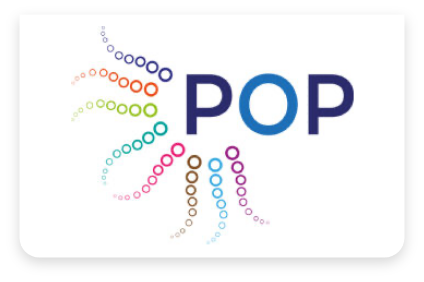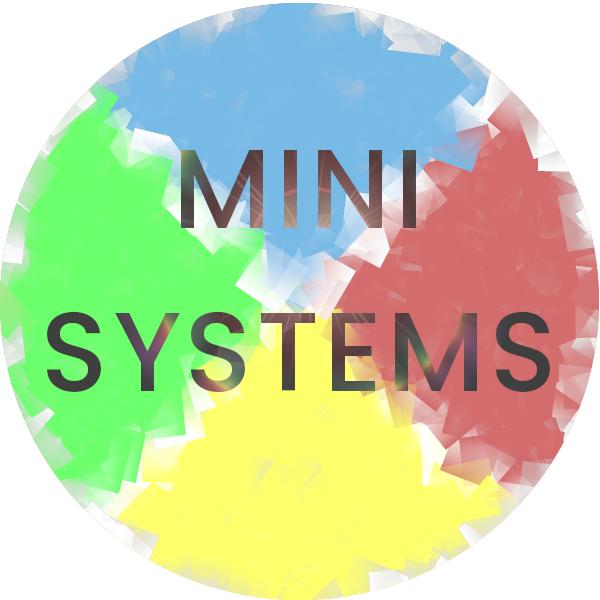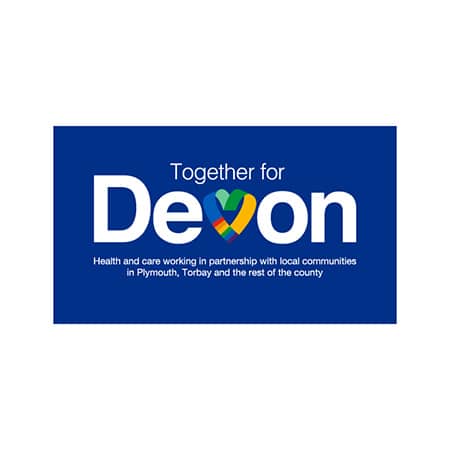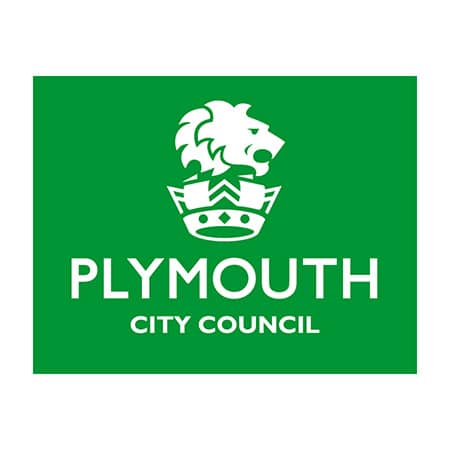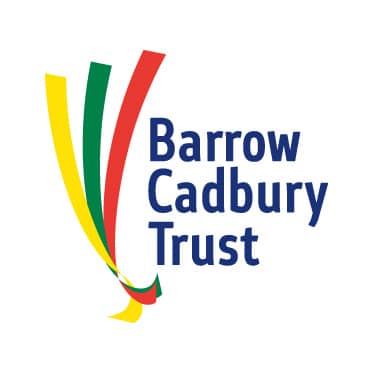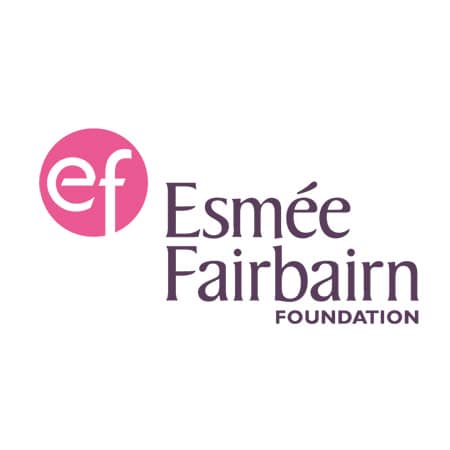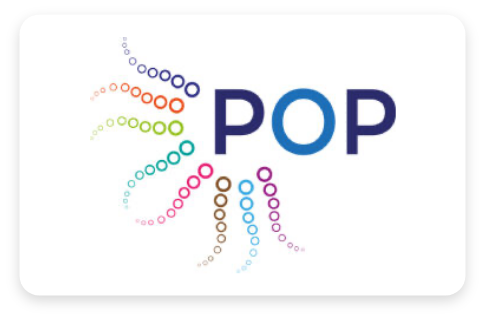By Simon Travers, POP Learning Champion
The first two blogs on the POP ‘Mini System’ experiment told the story of how POP allocated a £40,000 grant by democratic lottery and argued that luck and probabilities are instrumental to funding success and delivery. In this blog, I want to identify what I feel are implications for funder behaviour from POP’s experiment.
My first career step towards becoming a learning champion was working as a secondary school teacher. A life lesson I gained from that time was that there will always be people who look to solve complex problems through promoting an individual, marketable idea. However, even a great idea is only ever a tool in the hands of those who implement it. That principle applies to democratic lotteries. Malcolm Gladwell may describe them as a ‘revolution,’1 but in POP’s experience, they are a tool with strengths, purpose, and limitations.
In the second democratic lottery POP ran, one result highlighted those limitations. Of the six groups seeking £5,000 that remained, only one collective was BAME led. That group’s members are respected city-wide and their project thoughtfully matched aspects of Plymouth City Council’s Suicide Prevention Action Plan 2022-23.2 With the democratic lottery, the group stood a 66% chance of being funded but were one of two unlucky groups whose projects were unfunded.
This experiment provides evidence that equality of probabilities provided by a democratic lottery and equality of representation are not the same thing. In the light of this, it feels important to identify that funders do not need to employ democratic lotteries to commit to:
- Long-term engagement, advocacy and allyship with minority communities with protected characteristics
- Funding that demonstrates awareness of intersectionality
- Promoting core funding as well as support for projects
- Application and evaluation processes that invest in organisations rather than extract
- A vision of funding impact that is broader than the strengths and weaknesses of individual projects
So, what kind of job is the democratic lottery tool useful for?
The strength of democratic lotteries lies in the ways they can help to shape a funder’s expectation of impact. This is significant in light of the role luck plays in funding success and impact delivery. Democratic lotteries can help provide scaffold around a funder while the funder moves from seeking ‘best impact’ to ‘good enough’ impact. Aiming for ‘good enough’ impact is essential if funders hope to bridge the gap between an ever-increasing and diversifying talent pool and a finite set of resources.
Seeking ‘best impact’ increases the amount of risk to a funder. It is a mindset that manufactures scarcity within an abundance of skilled individuals and groups capable of collaborating together. That sense of scarcity then encourages insecure, competitive behaviours among those seeking funding to justify why they are best. It increases the amount of work invested by a funder to select the ‘best’ and prove why that selection was correct. At the same time, it becomes harder to champion new ideas and voices as, to reduce funder risk, what is perceived as ‘best’ often translates into what is ‘familiar’.
While running a lottery, funders still have a guiding role and responsibilities. From learning conversations with colleagues from other funders, and what we saw from the process, POP recognises that if we repeated ‘Mini Systems’, we would run a modified lottery where entry is conditional. Everyone in the process would have benefitted from clearer guidance as to what was ‘good enough’ to be involved.
POP’s ‘Mini Systems’ process was designed to keep things as open as possible to encourage fresh relationships and ideas. The only entry requirements to be involved in the application process were an expression of interest and a commitment to networking. In the course of the networking sessions, we began to assess participants’ strengths through networking events, and groups self-regulated the process of forming collaborations. It felt important to not over-shape or manipulate what might happen even though we were not sure what would work.
At one networking session, each ‘Mini Systems’ participant was asked which Marvel character they were most like. My answer was the ‘Guardians of the Galaxy’, but funders could be ‘Guardians of the Good Enough.’ Stepping away from ‘best impact’ enables a more inclusive approach. ‘Guardians of the Good Enough’ create environments that allow new talent to mature and flourish. They get to be more open to new adventures, new learning, new growth; less likely to get stuck with a status quo. They might grow in confidence in an environment where it is acceptable to take risks. All the while, they will still be funding impact that is ‘good enough’.
‘Good enough’ is an elastic term and will mean something different in different situations. In some contexts, ‘good enough’ will require evidence of lived experience, specific qualification, or leadership from minority groups. However, once a pool of ‘good enough’ candidates has been gathered, a lottery system can sustain healthy processes.
A lottery changes the dynamics of application processes in interesting ways. Even if ‘good enough’ is a subjective concept, lotteries help by reducing the sense of hidden agendas. I observed the following trends during ‘Mini Systems’ towards a more open process:
- As networking flourished, most participants understood that the aim was to collaborate with others, not try to impress them
- Groups had freedom to pursue their own projects without being overly concerned about accommodating funder’s biases
- Unsuccessful groups could trust that there was nothing they could have done better or differently
- Participants who did not understand or appreciate what the experiment was attempting to achieve had the freedom to speak their mind without damaging their chances of being funded
Focussing on being ‘good enough’ allows every applicant to benefit regardless of success, as skills and connectedness sharpen. Everyone involved in the ‘Mini Systems’ networking events met new people, gained exposure for their work, and had the opportunity to craft new ideas.
In my next blogs, I will look more closely at the process mechanisms that prepared for the democratic lottery and try to reflect the experiences of some participants.
1 https://www.pushkin.fm/podcasts/revisionist-history/the-powerball-revolution
2 This is Plymouth City Council’s ongoing response to Public Health England’s national strategy and priorities for suicide reduction.
